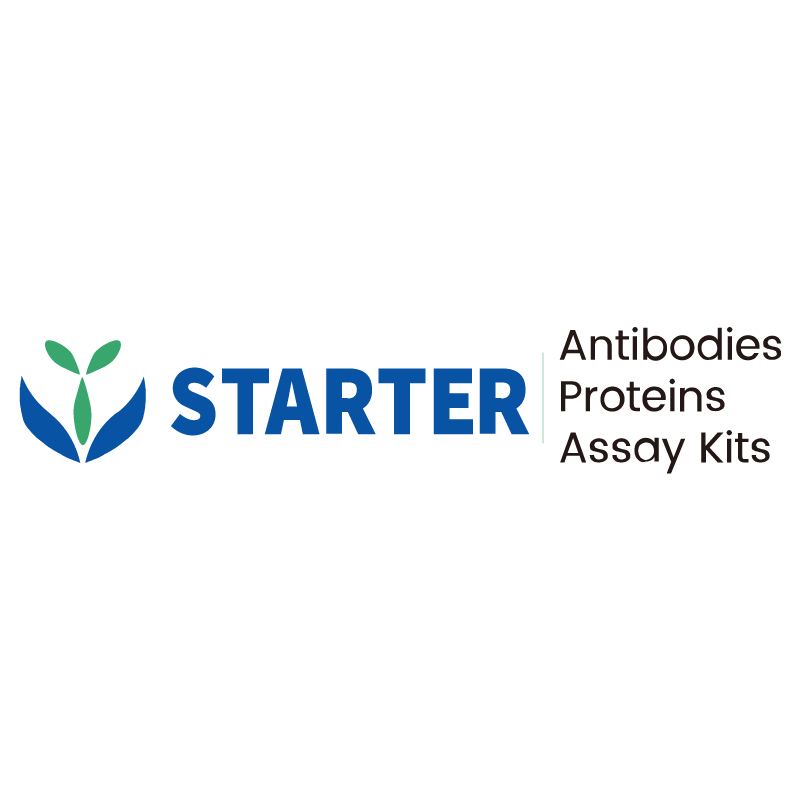Product Details
Product Details
Product Specification
| Host | Syrian Hamster |
| Antigen | Podoplanin |
| Synonyms | Glycoprotein 38 (Gp38); OTS-8; PA2.26 antigen; Transmembrane glycoprotein E11 (E11); Gp38; Ots8; Pdpn |
| Location | Cell membrane |
| Accession | Q62011 |
| Clone Number | S-R689 |
| Antibody Type | Recombinant mAb |
| Isotype | IgG |
| Application | FCM |
| Reactivity | Ms |
| Purification | Protein G |
| Conjugation | Alexa Fluor® 647 |
| Physical Appearance | Liquid |
| Storage Buffer | PBS, 25% Glycerol, 1% BSA, 0.3% Proclin 300 |
| Stability & Storage | 12 months from date of receipt / reconstitution, 2 to 8 °C as supplied |
Dilution
| application | dilution | species |
| FCM | 5 μl per million cells in 100μl volume |
Background
Podoplanin is a small, mucin-like transmembrane glycoprotein that plays diverse roles in both physiological and pathological processes. Initially identified in podocytes of the kidney, it is also expressed in various tissues, including the brain, heart, lungs, and lymphatic endothelium. Podoplanin is a key marker for lymphatic vessels and is involved in lymphangiogenesis, embryonic development, and platelet aggregation. In cancer, its expression is associated with tumor invasion and metastasis, making it a potential therapeutic target. Additionally, podoplanin has been implicated in neurological disorders, inflammation, and immune responses, highlighting its multifaceted importance in health and disease.


